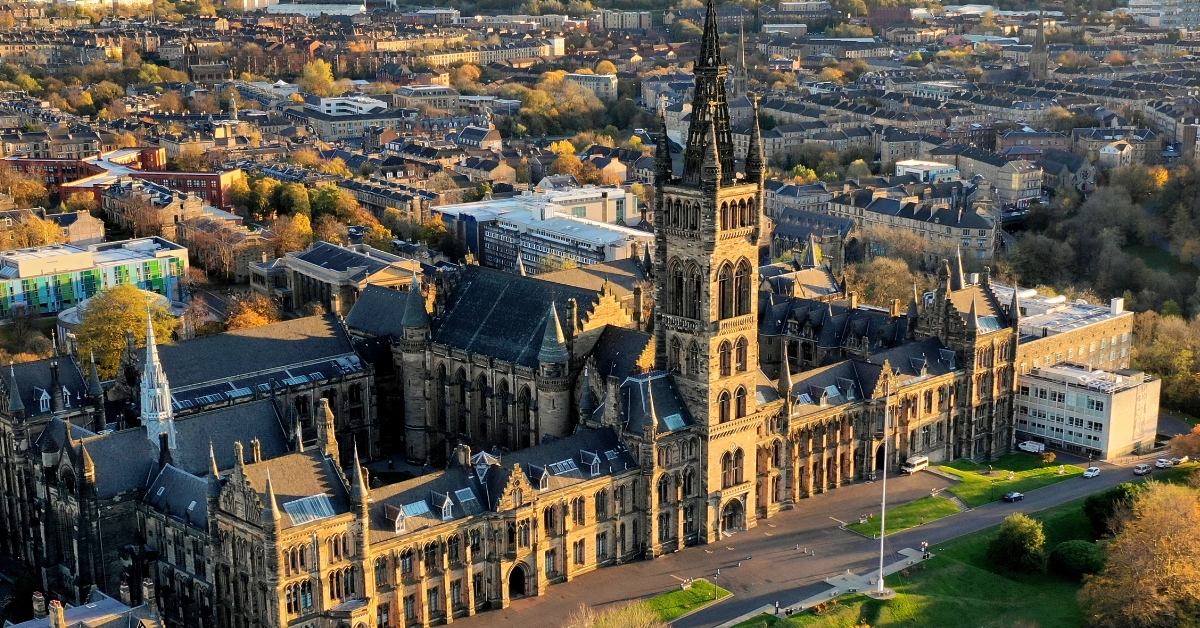Gatherings during freshers’ week contributed to a large Covid-19 outbreak among students living at student accommodation, according to a study.
An investigation was carried out into the outbreak at the University of Glasgow at the start of the autumn 2020 term.
A total of 1,039 student cases of Covid were identified in the study between September and November of that year, with 50% associated with the student halls.
Genome sequencing was used as part of the research in order to provide a detailed insight into the outbreak.
The study found that at least 11 independent introductions of the SARS-CoV-2 strain into the student population had occurred, with four of those leading to large outbreaks.
It was conducted by Public Health Scotland in collaboration with the University of Glasgow and NHS Greater Glasgow and Clyde.
According to gathered data, for at least two of the four outbreaks, the virus had been imported from within Scotland, owing to a high proportion of students living in Scotland.
It stated that there is a “strong indication” that the infection spread through social activity and gatherings associated with freshers’ week.
There was no evidence that the university outbreak significantly impacted on transmission within the local community, the study found.
The outbreak at the university took place before the rollout of the Covid-19 vaccine and the use of lateral flow devices for regular testing.
Findings from the study are now being used to support plans for students returning to universities at the start of the autumn term this year.
Dr Alison Smith-Palmer, senior author of the study and consultant in public health at Public Health Scotland, explained that the outbreak came to a “rapid end” following swift action and high compliance from students affected.
“Since the start of the pandemic, Public Health Scotland has been using whole genome sequencing to help understand the transmission of the virus in the community and how it spreads in outbreaks, and to manage the risks of new variants or mutations,” she said.
“The data and information we gain through sequencing has played a crucial role in being able to look back at an outbreak such as this.
“It allows us to investigate it further for public health benefit and to support the overall response to COVID-19, as well as any future outbreaks of different viruses like flu.
“Despite the scale at which this particular outbreak grew, it came to a rapid end following the swift action of the University and the local Public Health Protection Team at NHS Greater Glasgow and Clyde, along with an apparent high compliance from the students affected.
“These actions prevented any further rise in case numbers and also limited any impact on the surrounding community.”
Chris Illingworth, co-senior author and senior lecturer at the University of Glasgow, said that prompt action to stop the spread of the virus was effective.
“This study is a reminder that COVID-19 can spread extremely rapidly: Within a short time of the virus getting into the university more than 1,000 students were infected,” he said.
“Prompt action to stop the spread of the virus was effective in bringing the outbreak to an end and preventing any long-term impact on the wider Glasgow community.”
Follow STV News on WhatsApp
Scan the QR code on your mobile device for all the latest news from around the country


 iStock
iStock

























